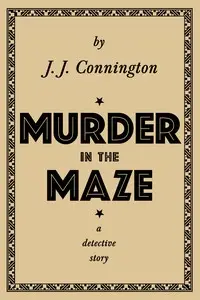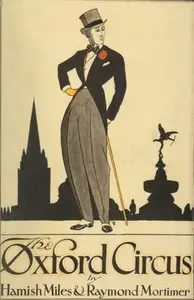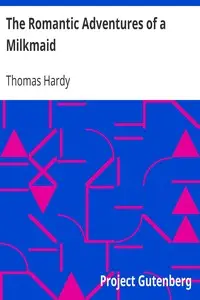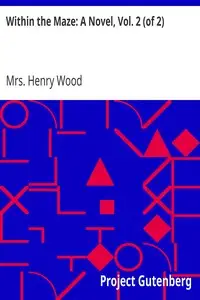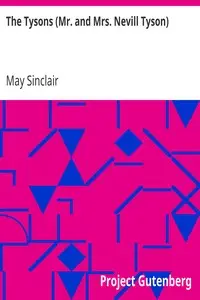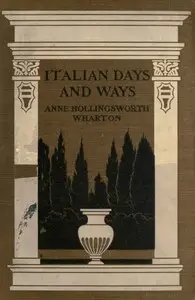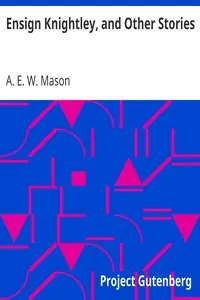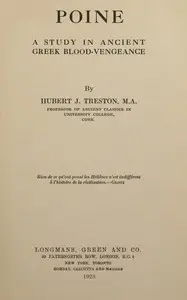"The Combined Maze" by May Sinclair is a story set in Wandsworth, London, that captures the struggles of Ranny, a young clerk, trying to overcome his family's troubled past and his own ordinary life. Ranny dreams of being athletic and thrilling, a far cry from his boring job. He's drawn to Winny, his friend, who represents the excitement he longs for. The story begins with Ranny's difficult upbringing, marked by his father's failures. Despite this, Ranny finds purpose in physical fitness and competition, seeing the Polytechnic Gymnasium as a symbol of his hopes. His relationships, especially with Winny, create a mix of affection and tension, exploring themes of adventure, youth, and the conflict between what society expects and what he truly wants.
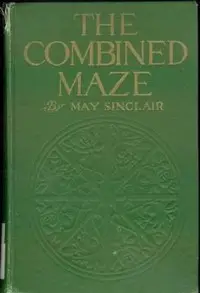
The Combined Maze
By May Sinclair
Amidst a dull existence, a young man chases athletic dreams and love, hoping to break free from his family's history and find excitement in early 20th century London.
Summary
About the AuthorMay Sinclair was the pseudonym of Mary Amelia St. Clair, a popular British writer who wrote about two dozen novels, short stories and poetry. She was an active suffragist, and member of the Woman Writers' Suffrage League. She once dressed up as a demure, rebel Jane Austen for a suffrage fundraising event. Sinclair was also a significant critic in the area of modernist poetry and prose, and she is attributed with first using the term 'stream of consciousness' in a literary context, when reviewing the first volumes of Dorothy Richardson's novel sequence Pilgrimage (1915–1967), in The Egoist, April 1918.
May Sinclair was the pseudonym of Mary Amelia St. Clair, a popular British writer who wrote about two dozen novels, short stories and poetry. She was an active suffragist, and member of the Woman Writers' Suffrage League. She once dressed up as a demure, rebel Jane Austen for a suffrage fundraising event. Sinclair was also a significant critic in the area of modernist poetry and prose, and she is attributed with first using the term 'stream of consciousness' in a literary context, when reviewing the first volumes of Dorothy Richardson's novel sequence Pilgrimage (1915–1967), in The Egoist, April 1918.


